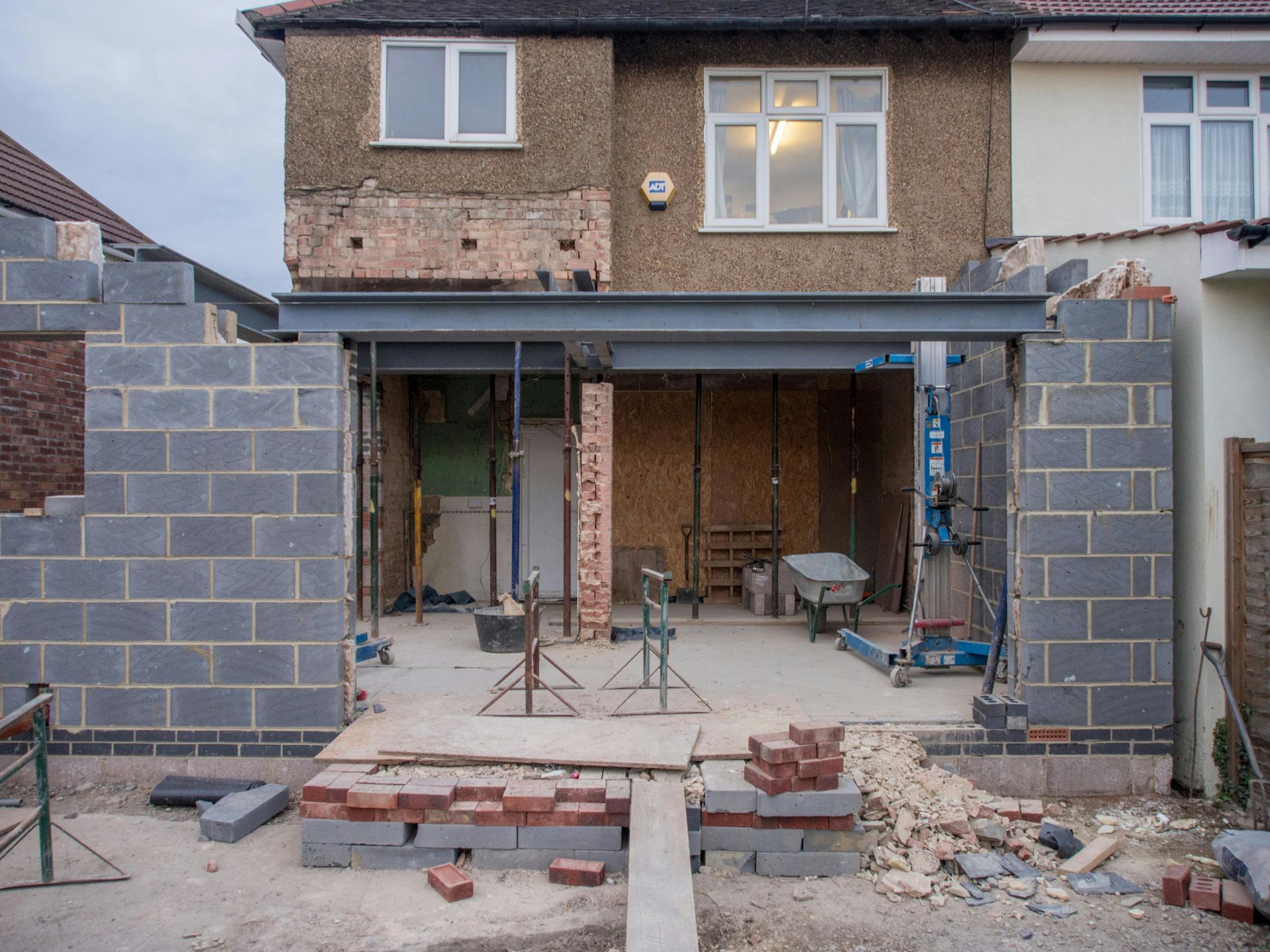Can You Use a Mortgage for Land Purchases in the UK?
What You Need to Know Before You Buy That Plot
With the rise in self-build projects, lifestyle relocations, and small-scale developments, many people are asking: can I get a mortgage to buy land? The short answer is yes—but it's more complex than financing a traditional home purchase.
In this guide, we’ll explore how land mortgages work, what lenders require, and your options in 2025 if you want to finance a plot in the UK.
Can You Get a Mortgage for Land?
Yes, but not through standard residential mortgage products.
Land purchases—especially if the land is undeveloped—are usually funded via:
- Specialist land finance lenders
- Self-build mortgages (with staged release)
- Development finance (if planning permission is granted)
The lending depends heavily on what you plan to do with the land, how much planning permission you have, and your exit strategy.
3 Key Scenarios for Land Mortgages
1. Buying Land With Full Planning Permission (Self-Build Project)
This is the most straightforward route. With detailed planning permission (DPP) in place, lenders may offer a self-build mortgage. Funds are released in stages—typically:
- Land acquisition
- Foundation stage
- Wall plate level
- Wind and watertight
- Completion
You’ll need to provide detailed costings, timelines, and building regulations approval.
2. Buying Land With Outline or No Planning Permission
If you’re buying land speculatively—hoping to gain planning later—your options are more limited. Most mainstream lenders won’t fund this, but some private or niche lenders may offer short-term land finance with:
- Higher deposits (40–50% minimum)
- Shorter terms (12–24 months)
- Higher interest rates
This is typically used by developers and experienced investors.
3. Buying Land for Commercial or Agricultural Use
If you’re purchasing farmland or land for commercial development, you’ll need a lender that specialises in:
- Agricultural finance
- Commercial land loans
- Mixed-use property finance
These lenders assess viability differently, often valuing the land based on existing or projected income.
How Much Deposit Do You Need?
Land finance is considered higher risk, so lenders usually require:
- 25–40% deposit (with full planning)
- 40–50%+ deposit (without planning)
For self-build mortgages, lenders may accept a lower deposit if the build cost is low relative to the future value (GDV).
What Do Lenders Look For?
Whether you’re an individual buyer or developer, expect lenders to scrutinise:
- Planning status (detailed vs. outline vs. none)
- Utilities and access (mains water, roads, etc.)
- Build schedule and budget
- Exit strategy (e.g. sale or refinance upon completion)
- Your experience and credit profile
How Does the Process Work?
- Land Valuation: A surveyor will assess the land’s market value and potential resale value after build (if applicable).
- Legal Checks: Solicitors will verify title, access rights, and planning status.
- Funding Approval: The lender issues an offer based on the phased drawdown and cost plan.
- Completion: Funds are released according to the agreed milestones.
Tips for First-Time Land Buyers
- Work with an experienced broker who knows the specialist lenders
- Have your planning permission in place before applying
- Get clear build costings and timelines—professional input matters
- Don’t underestimate legal complexities—access rights and title issues are common deal-breakers
- Understand your exit—whether it’s selling the completed property or remortgaging
Can You Use a Bridging Loan for Land?
Yes. Bridging finance can be used to:
- Purchase land quickly (e.g. at auction)
- Bridge until planning permission is granted
- Fund land assembly ahead of development
Bridging is usually fast, but expensive—so it’s best used short-term, with a clear exit.
Final Thoughts
Getting a mortgage to buy land in the UK is possible—but it’s not a standard process. With the right planning, broker support, and lender match, land finance can unlock big opportunities—whether you’re building your dream home or developing your next project.
📞 Want Help Navigating Today’s Market?
Book a free strategy call with one of our mortgage specialists.
We’ll help you find the smartest way forward—whatever rates do next.
Important: Your home or property may be repossessed if you do not keep up repayments on a mortgage or any other loan secured against it. Think carefully before securing other debts against your home. Some buy-to-let, commercial, and bridging loans are not regulated by the Financial Conduct Authority. Equity release may involve a lifetime mortgage or home reversion plan—ask for a personalised illustration to understand the features and risks. The content of this article is for general information only and does not constitute financial or legal advice. Please seek advice tailored to your individual circumstances before making any decisions.










